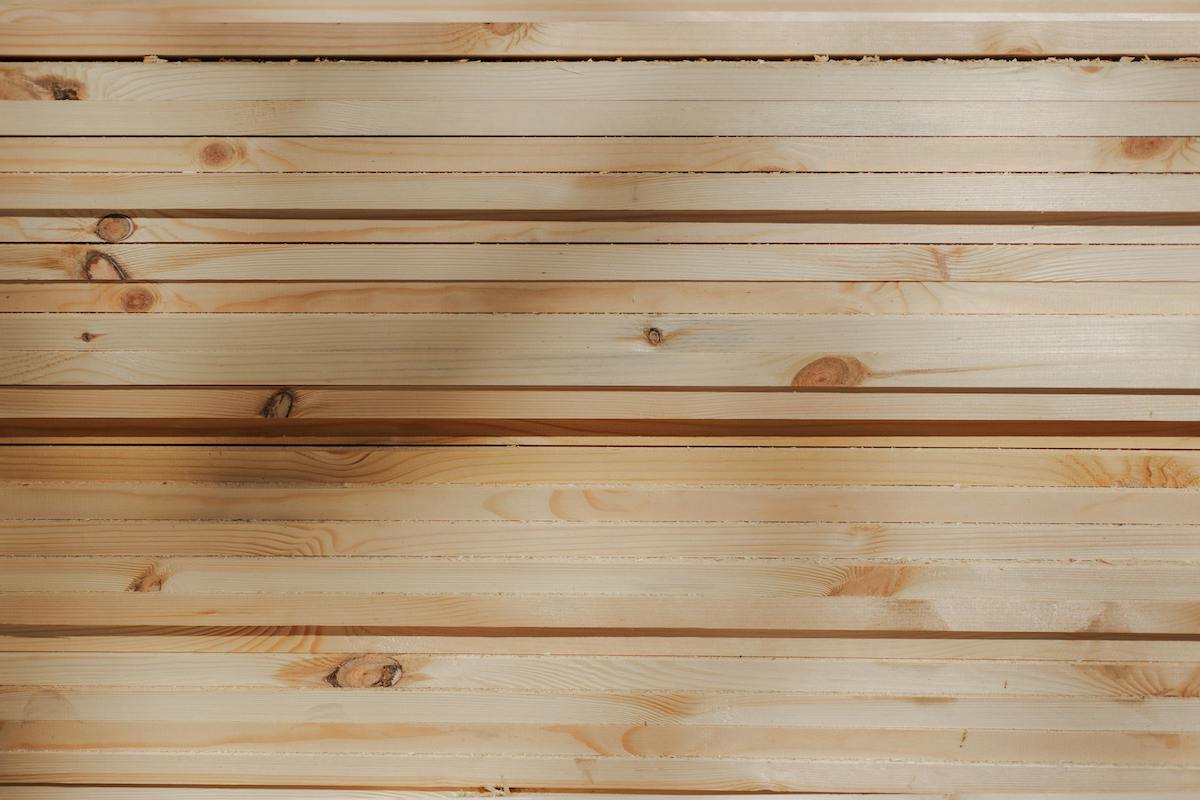Carney announces $1.25B lumber sector support package
The Prime Minister called forestry a ‘pillar of Canada’s economy.’

Key Takeaways:
- Ottawa is offering up to $700 million in loan guarantees, $500 million for product and market diversification, and $50 million for training and income supports to help the softwood-lumber sector withstand higher U.S. duties and modernize.
- New federal procurement rules and the forthcoming Build Canada Homes financing program will require contractors to use Canadian lumber, tying the industry to the government’s plan to double housing starts to 500,000 a year.
- Ottawa will revive programs to expand sales of sustainable, value-added wood products in faster-growing overseas markets and back Indigenous-led ventures, aiming to reduce reliance on the U.S., which currently buys about 90 per cent of Canadian softwood-lumber exports.
The Whole Story:
Prime Minister Mark Carney has unveiled a $1.25-billion support package aimed at helping Canada’s softwood-lumber sector weather rising U.S. trade duties and capitalize on an expected boom in domestic construction.
The plan, announced Tuesday, sets aside up to $700 million in federal loan guarantees so producers can keep plants running and restructure operations. Another $500 million will fund product and market diversification, including Indigenous-led forestry businesses, while $50 million will go toward retraining and income supports for more than 6,000 workers.
Carney said the measures are part of a broader industrial strategy designed to make Canada “more resilient” by strengthening domestic supply chains and prioritizing Canadian materials in federally funded projects.
The forest sector is a pillar of Canada’s economy. In the face of a changing global landscape, we are focused on what we can control — building Canada strong with Canadian expertise, using Canadian lumber.
Prime Minister Mark Carney
The initiative also commits Ottawa to revise procurement rules so companies working on federal contracts must source Canadian lumber. A forthcoming Build Canada Homes program will offer financing to private-sector builders that use home-grown technologies such as mass timber.
In addition, the government plans to revive export-promotion programs to court faster-growing overseas markets for sustainable wood products.
Industry has been under renewed pressure since the U.S. Department of Commerce doubled duties on Canadian softwood lumber July 25, with further increases expected later this month. Roughly two-thirds of Canadian production is exported, nearly 90 per cent of it to the United States.
Forestry employs about 200,000 people nationwide and contributes more than $20 billion to GDP. Ottawa says its pledge to double housing starts to roughly 500,000 units a year within a decade will require almost two billion additional board feet of lumber annually.
François-Philippe Champagne, minister of finance and national revenue, called the sector “a cornerstone of our economy,” while Industry Minister Mélanie Joly said the package would “ensure resilient supply chains” and keep Canada a “trusted global trade partner.”
Forest Products Association of Canada (FPAC) welcomed the announcement, state that it confirms the federal government’s plan to stand with forest sector employees and businesses.
“Encouraging the federal government to get the best trade deal for Canada with our U.S. neighbours continues to be the most important wish of our sector and forestry communities across Canada,” said FPAC President and CEO Derek Nighbor. “As those deliberations continue, today’s measures announced by the Prime Minister are helpful as we try to stabilize the industry for the months ahead and at the same time achieve our shared goals of building more homes, improving competitiveness, increasing production and investment in Canadian operations, and growing new markets for the long-term.”
The BC Council of Forest Industries (COFI) also welcomed the announcement.
“This support comes at a critical moment for forestry workers, communities, and companies across the country,” said Kim Haakstad, President and CEO of COFI. “Initiatives aimed at supporting workers, fostering innovation, enhancing liquidity, and promoting export development through organizations like Canada Wood are important steps toward stabilizing the sector and supporting government efforts to build more homes for Canadians. These investments also lay the foundation for long-term competitiveness.”
